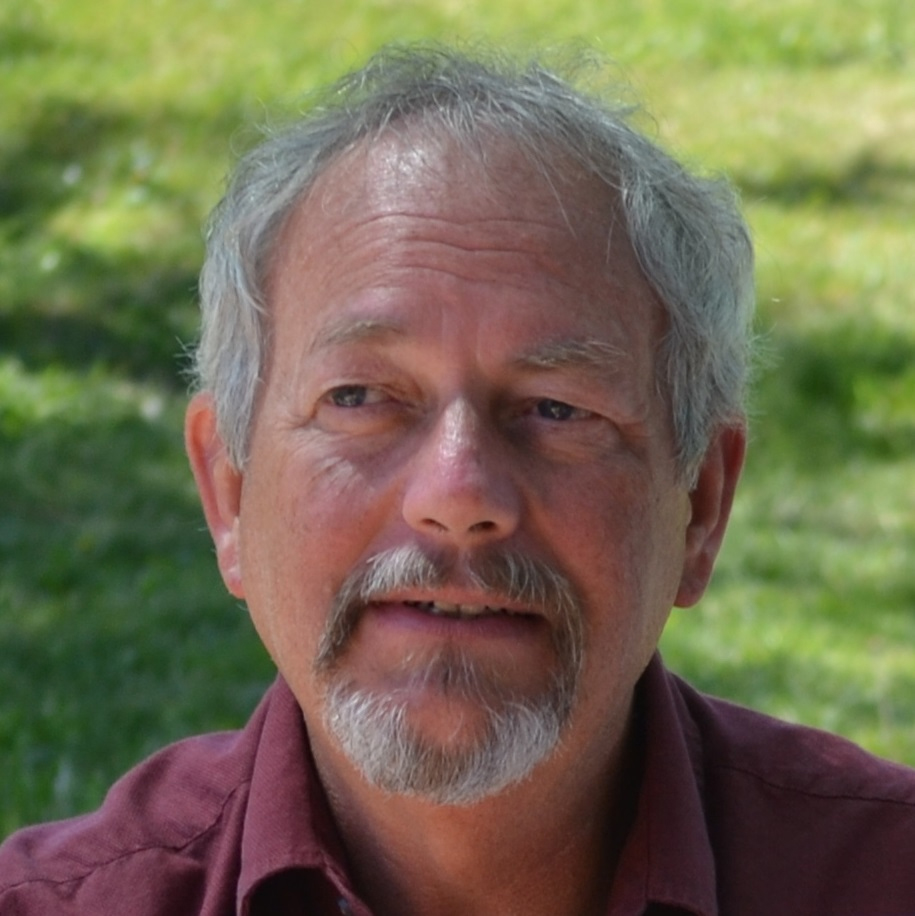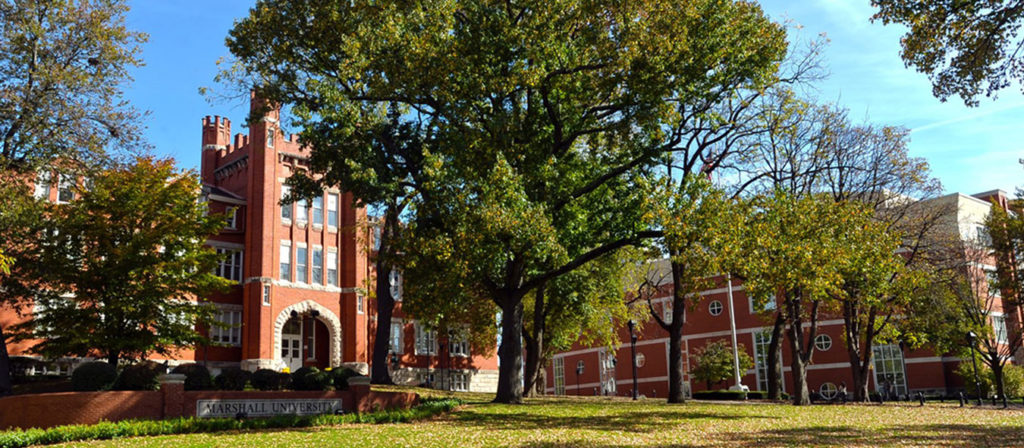Marshall University’s Dr. Jack Smith, a senior research staff member of the Center for Environmental, Geotechnical and Applied Sciences (CEGAS), has been selected by the Science Gateways Community Institute (SGCI) as one of five Science Ambassadors for 2019. The Science Ambassadors program supports travel for the purposes of gateway research.

Smith is also the cyberinfrastructure coordinator for West Virginia Science and Research, a division of the Higher Education Policy Commission, and he plans to use the travel funds to promote the Aquavit gateway at the National Water Quality Monitoring Council Conference.
Aquavit is a research collaboration portal that Smith has been working on for over three years, and he is currently developing a water quality data portal. The Aquavit gateway has facilitated collaboration among researchers across multiple institutions in West Virginia and Appalachia.
He developed the Aquavit collaboration portal while working on a National Science Foundation-funded project called the Appalachian Freshwater Initiative. The portal serves as a gateway to scientific applications for water quality research, such as watershed modeling to study the flow of sediment and contaminants in streams and rivers.
Smith is also working an NSF-funded water quality-related project in partnership with scientists from Purdue University aiming to help collect and exchange data with the U.S. Environmental Protection Agency’s Water Quality Portal.
Being selected for the Science Ambassadors program “allows me to be more engaged (and visible) in the Science Gateways community, promote the science gateway (Aquavit) we developed here at Marshall, especially the water quality data portal we are adding, with the help of a new NSF CSSI grant with Purdue, and travel to the NWQMC National Monitoring Conference to promote the data portal work,” Smith said.
Smith is a computational quantum chemist, having earned his Ph.D. in 1978 from the University of Florida. He has over 20 years of industrial experience with Union Carbide and Dow Chemical in West Virginia, prior to performing independent contract research with organizations like MATRIC, NASA and Spatial Integrated Systems. At Marshall, he has worked on various grant-funded projects for over 10 years.
SGCI is one of the first NSF-supported Scientific Software Innovation institutes that supports creating and sustaining science gateways, he said. Smith has also participated in its Bootcamp program and its Extended Developer Services (EDS) program, and is currently a member of the program committee for SGCI’s annual conference.
“As a science gateway developer, I find great value in the SGCI’s services and in the community they have helped foster,” Smith said.
Originally from Jean Hardiman for Marshall University Communications.
